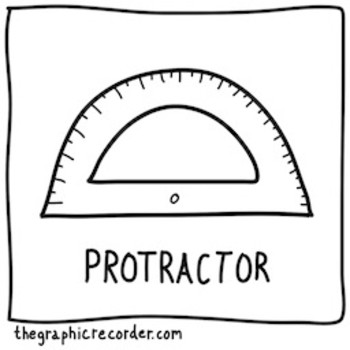How would the equilibrium concentration of #H_2O# be affected by removing #H_2# from the mixture?
1 Answer
All other things equal, there would be a decline in
Explanation:
The question is likely to be talking about the thermal decomposition of
Removing
The Le Chatlier's Principle predicts that the system would respond to this change in a way as if it's trying to minimize the change's impact on the equilibrium conditions.
Reference
"Water splitting." Wikipedia, The Free Encyclopedia. Wikipedia, The Free Encyclopedia, 15 Jun. 2018. Web. 6 Jul. 2018, https://en.wikipedia.org/wiki/Water_splitting#Thermal_decomposition_of_water
"Thermochemical cycle." Wikipedia, The Free Encyclopedia. Wikipedia, The Free Encyclopedia, 18 Mar. 2018. Web. 6 Jul. 2018, https://en.wikipedia.org/wiki/Thermochemical_cycle

